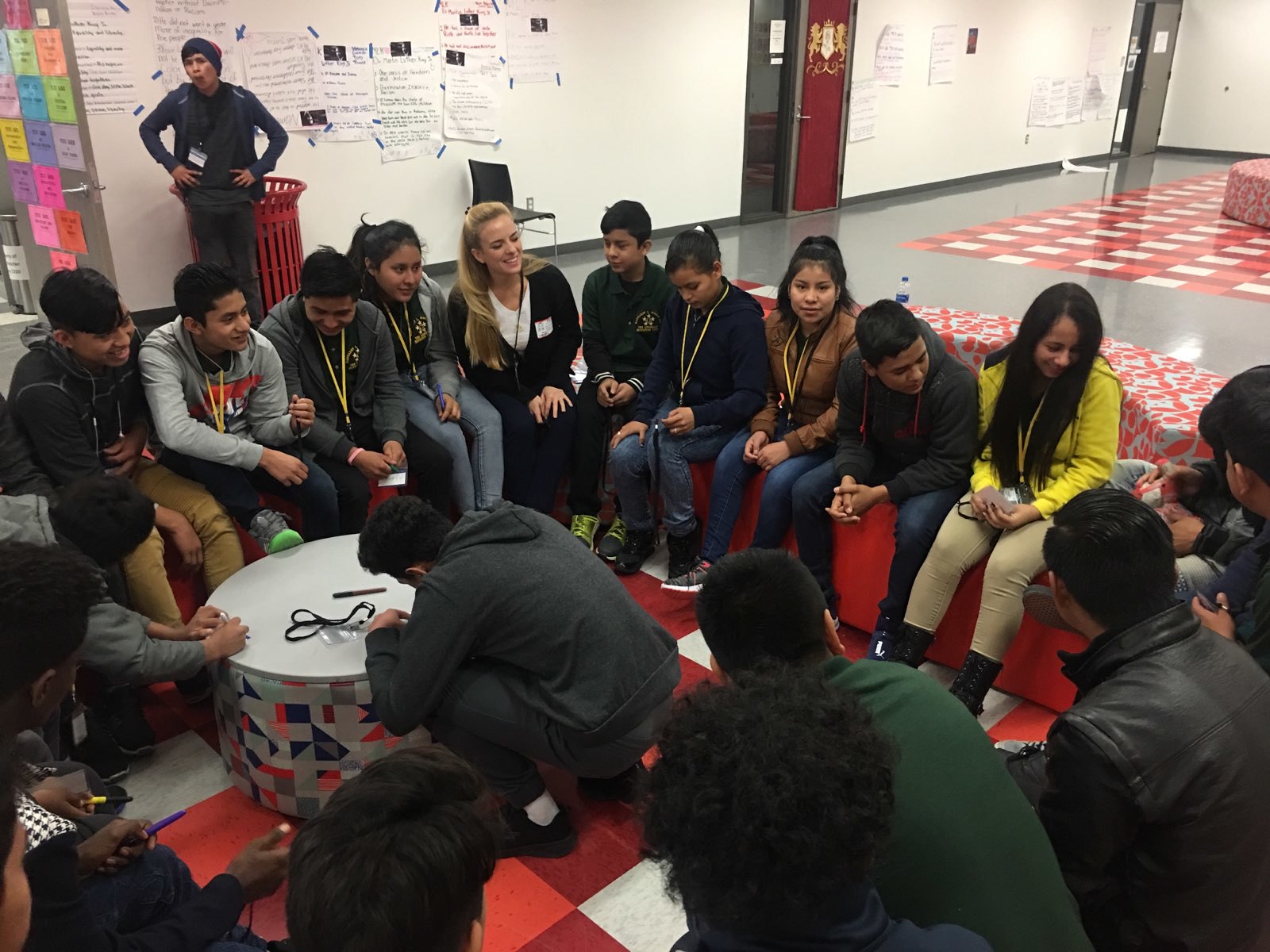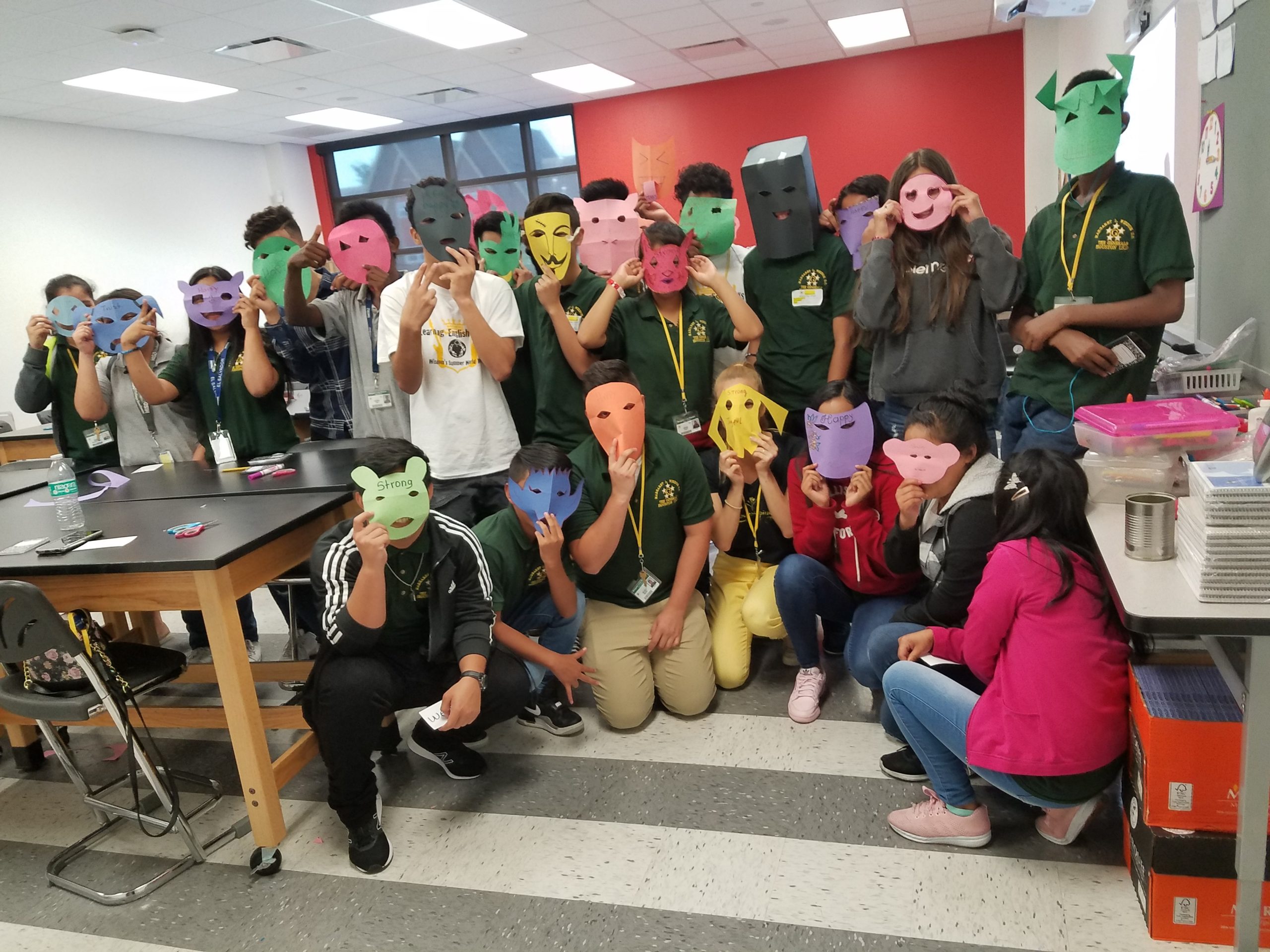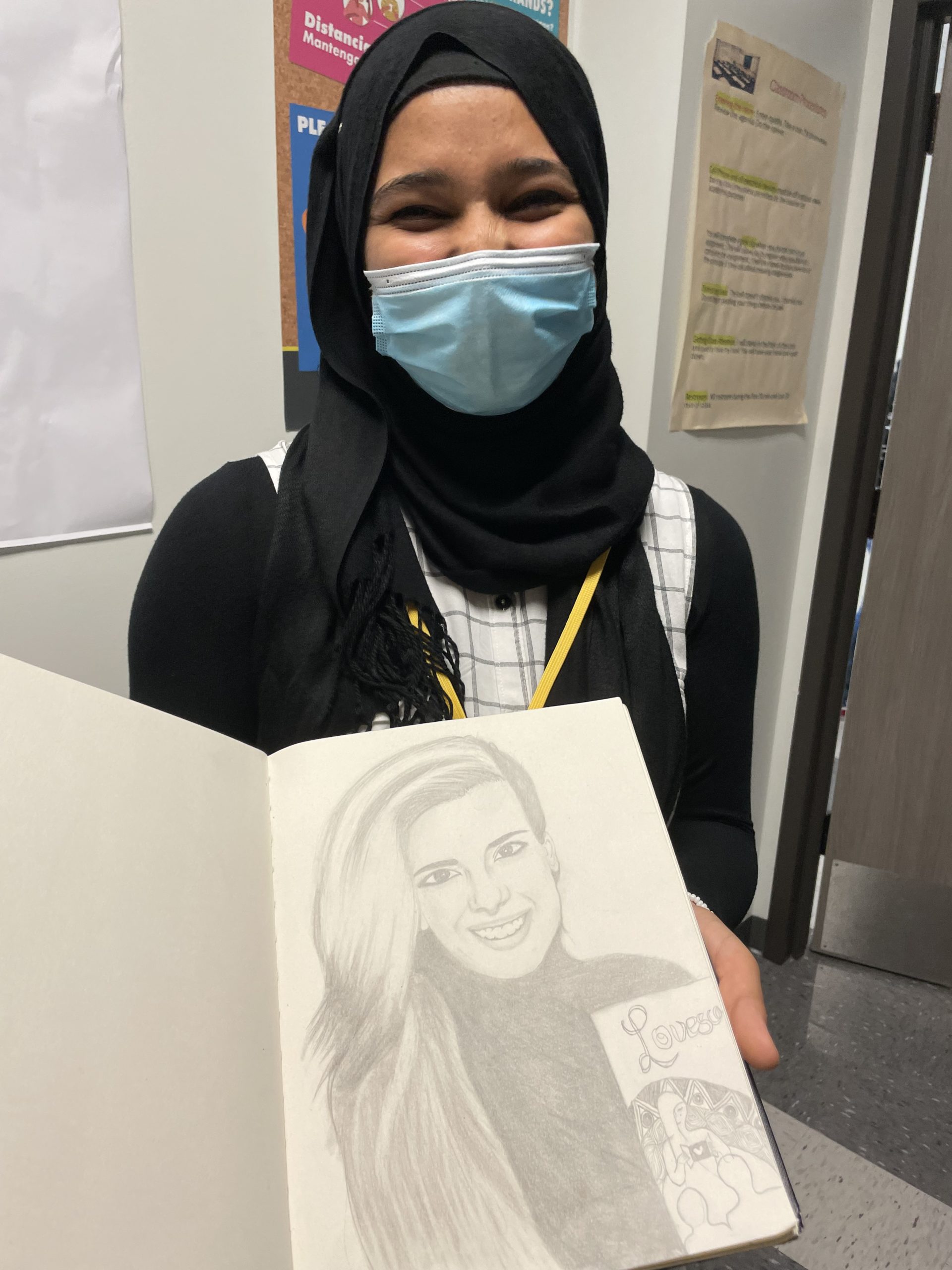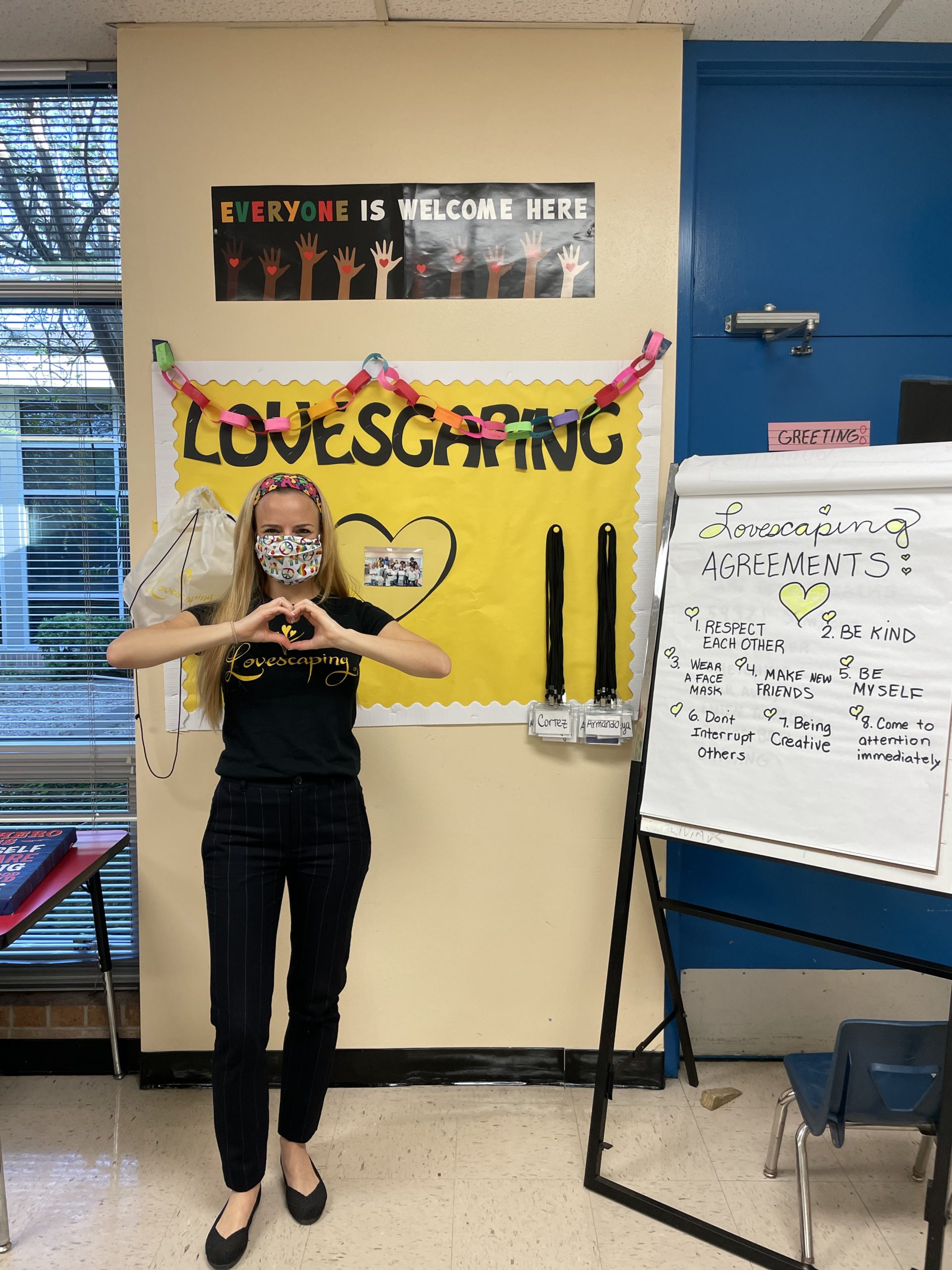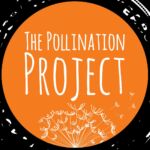When students need to learn how to add or subtract, we teach them Math. When they need to know how to write a paper, we teach them English but what do we do when they need to learn how to love? That is the question Irene Greaves is answering with a ground-breaking program she created that teaches skills on how to cultivate self-love and love for others aptly titled, Lovescaping®.
It was one of Irene’s sisters – a woman she affectionately refers to as “the embodiment of love” – who taught her the truest definition of it. When she was only a year old, her sister developed a high fever that left her with permanent motor damage. As a child, her sister would take longer to do everyday tasks, like dressing oneself, than most people. That was something others might take for granted but for Irene, those moments with her sister were often an invitation to slow down and notice things she might otherwise have missed. Humbled by these experiences, her gratitude grew.
Having seen the inequalities in her native Venezuela, Irene set out to experience more of the world and lived everywhere from Mozambique and Guatemala to China and the United States. In each and every place she settled, her passion for community building and education led to her working for change-making organizations and creating loving and equitable spaces for growth. Now, living in Houston, she is once again bringing those two things together as she builds a Lovescaping Village.
Upon receiving a seed grant from The Pollination Project, Irene took an idea for creating a more loving world and put it into action. She wrote an incredible book, “Lovescaping: Building the Humanity of Tomorrow by Practicing Love in Action,” and developed a program that she is now teaching in various schools – not as an after-school program but as part of the daily curriculum.
In looking at her connections with everyone from students to loved ones, she noticed that there was a series of components that made love possible, so she adapted those components, or pillars, to create a curriculum. For example, while exploring one of the pillars, such as vulnerability, children might decorate masks that symbolize putting up a brave face. When they remove it, they discuss the vulnerable feeling inside.
Sitting in a circle with her students is Irene’s way of illustrating that there is no hierarchy. Often in classrooms, there is an idea that the educator is the sole authority and thereby wields the most power. In those situations, students may worry that they will be punished if they do or do not do certain things; however, fear does not allow for love and growth. So Irene works with educators and parents to create more loving and expansive learning environments.
“We don’t flourish in fear, we are only compliant. I want everyone I work with to flourish and embrace one another for who we are. In addition, feeling safe is necessary for learning to happen, so if we want our students to flourish academically as well, Lovescaping is a prerequisite.”
Lovescaping® is love in action. As the creator of this work, Irene continues to learn how to be more compassionate and loving towards herself which in turn, feeds her work; it’s a loving cycle. Learning how to love oneself and others is not only a core component to a well-rounded education, it’s essential to a well-rounded life.
